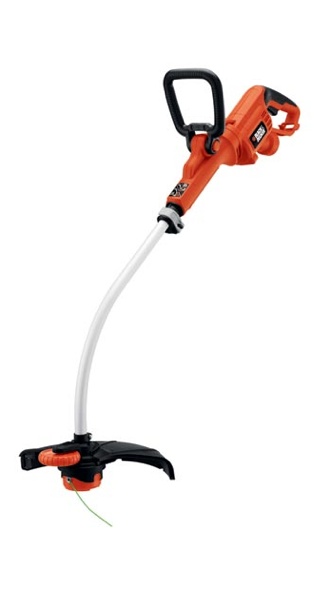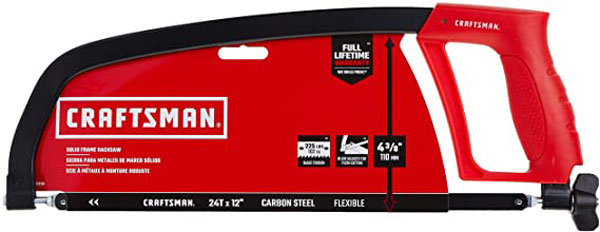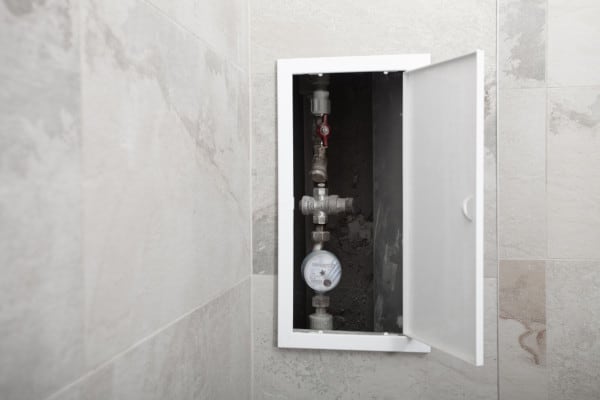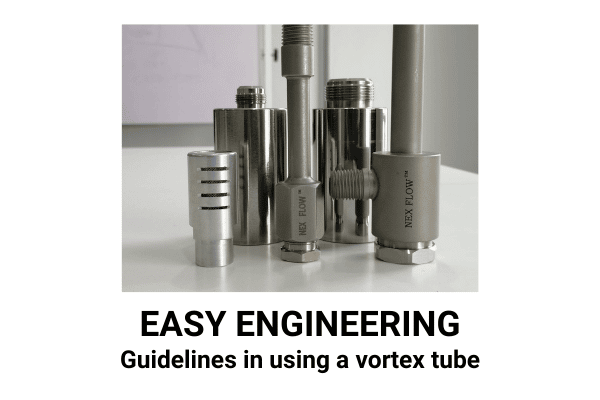Is PPE Essential for Landscapers?
Personal Protective Equipment
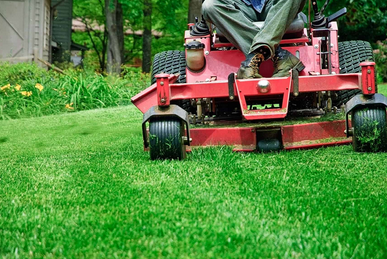
Is PPE Essential for Landscapers?
Personal protective equipment (PPE) ensures that workers stay safe when working in hazardous conditions. The landscaping profession has many activities that require personal protective equipment, including mowing, weed eating, using gas or electric-powered blowers, large equipment and chainsaws. In addition to equipment that could cause physical harm, much of that equipment also emit toxic vapors. Landscapers can keep themselves safe and healthy by wearing the proper PPE. Whether you are an owner / operator or have several employees, you’ll find the PPE you need at Abolox.
Basic PPE List for Landscapers
Landscapers should use PPE designed to prevent accidents and injuries while working, including:
- Safety goggles and / or glasses
- Hard hats
- Safety shields
- Earmuffs or earplugs
- Gloves (appropriate for the job the landscaper is doing)
- Safety shoes
- Respirators
Hard hats must meet the ANSI / ISEA Z 89.1 standard, and the headband must allow for comfortable wear. Hearing protection must protect the ears from 90 decibels or more. If the landscaper is working in low-visibility situations, such as logging, he or she should wear high-visibility jackets. Eye protection must meet ANSI Z87.1 impact standards.
Visit Abolox to find the personal protective equipment you need for your landscaping business, whether you are purchasing it for yourself or your employees.
Personal Protective Equipment for Landscapers
Whether you are purchasing PPE for yourself or your employees, ensure that you provide the type of protection appropriate for the job the landscaper is doing. A mower will require different PPE than someone clearing brush with hand tools or using heavy equipment.
Additionally, some types of PPE are fine for certain jobs but not others. For example, you would purchase puncture-proof gloves for working with brush and logging, but you might need latex gloves when working with chemicals.
High Visibility Clothing
The ANSI / ISEA 107-2015 standard dictates the performance requirements for high-visibility clothing. Depending on what you do in your landscaping business, you might need Class 1, Class 2 or Class 3 rating high-visibility clothing, especially if you are working in the woods, near a heavily-traveled road, or in the rain.
Abolox carries vests, jackets, rain suits, pants, overalls, and lined jackets for working in cooler weather. We also carry non-rated vests for visibility when you are in a less dangerous situation away from the road.
We also carry fire-resistant safety clothing for those working with machinery and equipment, such as welders or other machinery that might throw sparks, or certain chemicals that might be flammable.
While most landscapers take a break during the winter, it can get cold during that last mow of the season or the first spring job. We also carry lined safety jackets to keep you warm.
Gloves
Working with the land and chemicals can easily damage your hands, whether by punctures, cuts, scratches, or from chemical exposure. Wearing the proper type of glove when landscaping prevents injuries.
Types of gloves include:
- Rubber, vinyl neoprene: Protects your hands from chemicals.
- Cotton or other fabric: Protects your hands from dirt, splinters, and abrasions, but not from sharp materials.
- Metal mesh or Kevlar: Protects from punctures and cuts from sharp objects, such as saw blades, cutter bars and other sharp implements.
- Leather: Protects your hands from abrasions from handling metal lines used for winches, sparks, wood chips, and moderate heat.
Head Protection
Even landscapers are prone to falling objects, whether from large equipment or removing trees and tall bushes. Even mowers can fling rocks and small wood chips that can bounce off other objects and hit the operator in the head.
Head protection is one of the most important pieces of PPE for landscapers. In addition to protecting workers from physical harm from falling or thrown objects, it can also protect you from the sun’s dangerous rays and reduce the risk of heat exhaustion.
Steel-Toed Boots
When you are working with moving blades, heavy equipment, and heavy materials, you will need the proper footwear to protect your feet. Dropping a cement block or a big rock on your foot will put you out of commission for quite a while. If you are clearing brush, boots that go above the ankle reduce the risk of twisting your ankle if you should step into a hidden hole. Finally, when working with moving blades, whether on a mower or using a chainsaw or a weed eater, steel-toed boots protect your feet from getting cut.
Ear Protection
When you are around machinery that is louder than 85 decibels, you should wear ear protection. If you have to raise your voice to be heard over background noise, it could damage your hearing. Decibels of various equipment include:
- Normal conversation: 60 decibels.
- Conveyor: 80 decibels.
- An idling tractor in good running condition: 80 decibels.
- Power lawn mower: 90 to 95 decibels.
- Diesel truck: 90 to 95 decibels.
- Leaf blower: 90 to 100 decibels each.
- Power tools: 100 decibels.
- Chain saws: 110 decibels.
Eye Protection
If you are working with equipment that creates dust and flying debris, you should wear safety glasses. When working with chemicals and other dangerous liquids, always use safety goggles. When working with equipment that can throw items, such as mowers, chainsaws, weed eaters and blowers, you should always wear safety glasses.
For those who wear prescription glasses, you can order prescription safety glasses. Otherwise, wear a face shield or goggles over your glasses. Should a small stone or stick hit your regular glasses, it could break the lens material.
Respirators
When working with harsh chemicals, you inhale the fumes, which could cause lung damage and other respiratory issues. Inhaling dust or smoke also causes issues with the respiratory system. Using a respirator protects your lungs and the rest of your respiratory system as long as they fit properly. A mask is not enough to protect you from chemicals and some dust particles.
Additionally, when you are mowing or using a weed eater or blower, you could disturb mold that might be growing in the vegetation. While a mask might provide some protection, a respirator provides more protection if it fits properly.
Visit Abolox
Whether you need personal protective equipment, hand tools, or other items for your landscaping business, you’ll find what you need at Abolox. We carry items made of quality materials from known brands.
If you don’t see something you need, we can often source the item for you. Visit Abolox to browse through our PPE listings, or contact Abolox if you don’t see what you need.
